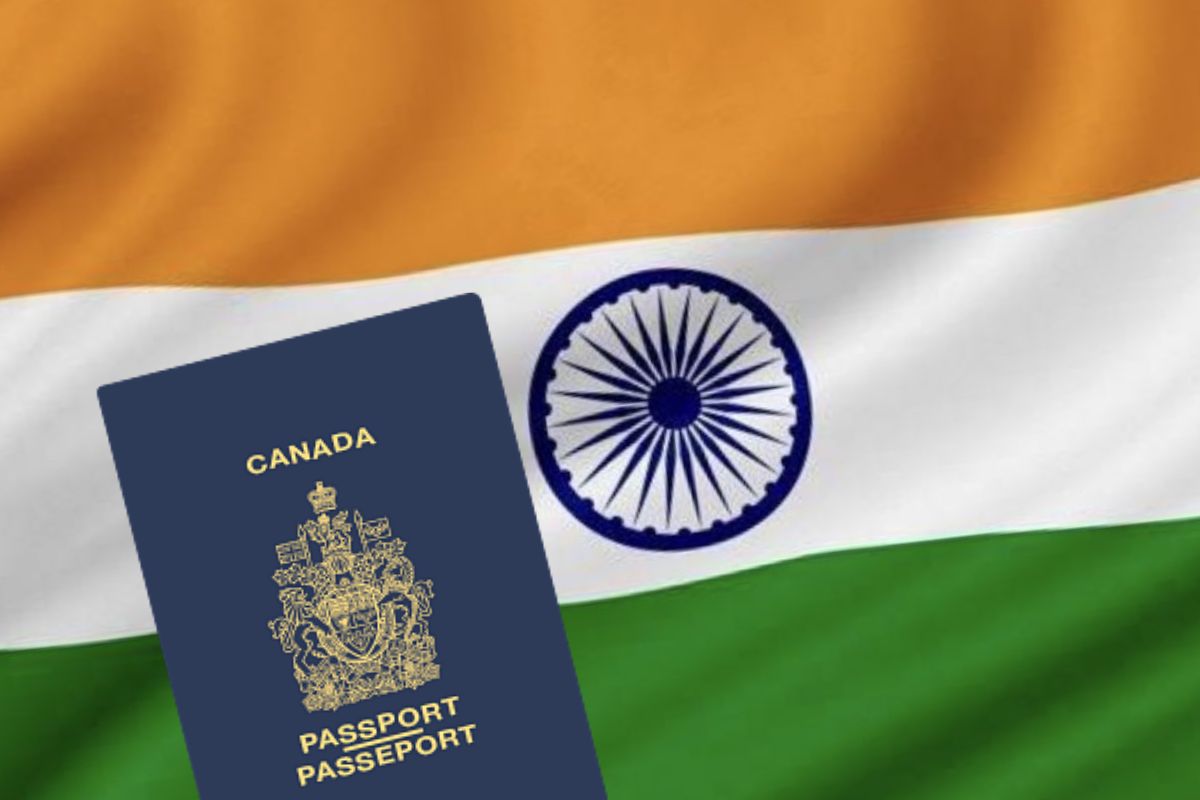India Suspends Visa Services in Canada

Diplomatic relations between India and Canada have taken a turbulent turn as India suspends its visa services in Canada indefinitely. This move comes in response to a series of events that began with Canadian Prime Minister Justin Trudeau's allegations of India's involvement in the assassination of a Sikh separatist activist. In this article, we delve into the background, reasons for the suspension, the Indian travel advisory, Canada's response, and the broader implications of this diplomatic standoff.
Background
- India and Canada have been experiencing escalating diplomatic tensions.
- The tensions started when Canadian Prime Minister Justin Trudeau alleged India's possible involvement in the assassination of Sikh separatist activist Hardeep Singh Nijjar, a Canadian citizen.
Suspension of Indian Visa Services
- Effective Date: Indian visa services in Canada were suspended on September 21, 2023.
- Source: BLS Visa Application Centre, which handles Indian visa applications in Canada, announced the suspension.
- Reason: The suspension was attributed to "operational reasons," with no specific details provided.
Indian Travel Advisory
- Issued by India: Prior to the suspension, India issued a travel advisory for Indian nationals in Canada.
- Cautionary Tone: The advisory urged Indian nationals to exercise "utmost caution" while traveling in Canada.
- Rationale: The advisory cited growing "anti-India activities" and "politically-condoned hate crimes and criminal violence" in Canada.
- Targeted Threats: It noted that threats had specifically targeted Indian diplomats and segments of the Indian community opposing the "anti-India agenda."
Canada's Response
- Rejection of Advisory: The Canadian government rejected India's travel advisory, asserting that Canada is a safe country.
- Anti-India Protests: Canada acknowledged the presence of anti-India protests, emphasizing that non-violent protests are constitutionally protected.
- Concerns: However, there was recognition of the need to address extreme and inflammatory actions associated with these protests.
Hardeep Singh Nijjar's Assassination
- Allegation: Justin Trudeau's allegation regarding India's involvement in Hardeep Singh Nijjar's assassination led to the diplomatic spat.
- India's Denial: India strongly denied any involvement, describing the allegations as "absurd and motivated."
- Nijjar's Background: Hardeep Singh Nijjar was a chief of the banned Khalistan Tiger Force (KTF) and had a significant bounty on his head. He was assassinated in Canada.
Impact on BLS International Services
- Business Impact: BLS International Services, the company responsible for Indian visa services, experienced a 3% decline in its shares on the stock market.
- Financial Significance: However, the company downplayed the impact, noting that the Canadian visa issuance business contributed less than 2% to its total annual revenue.
Concerns and Relations
- Sikh Population in Canada: Canada has a significant Sikh population, comprising about 2.1% of the country's total population.
- Incidents of Concern: Incidents like a parade float mocking the assassination of Indira Gandhi in June had raised concerns.
- Indian Reaction: India's Foreign Minister expressed his displeasure with such incidents, emphasizing their negative impact on the bilateral relationship.
In summary, the suspension of Indian visa services in Canada comes in the midst of escalating diplomatic tensions between the two countries, triggered by allegations of India's involvement in a Canadian Sikh separatist activist's assassination.
While Canada rejected India's travel advisory and highlighted constitutionally protected protests, concerns remain about extreme actions in the Sikh community in Canada and their impact on relations between the two nations.